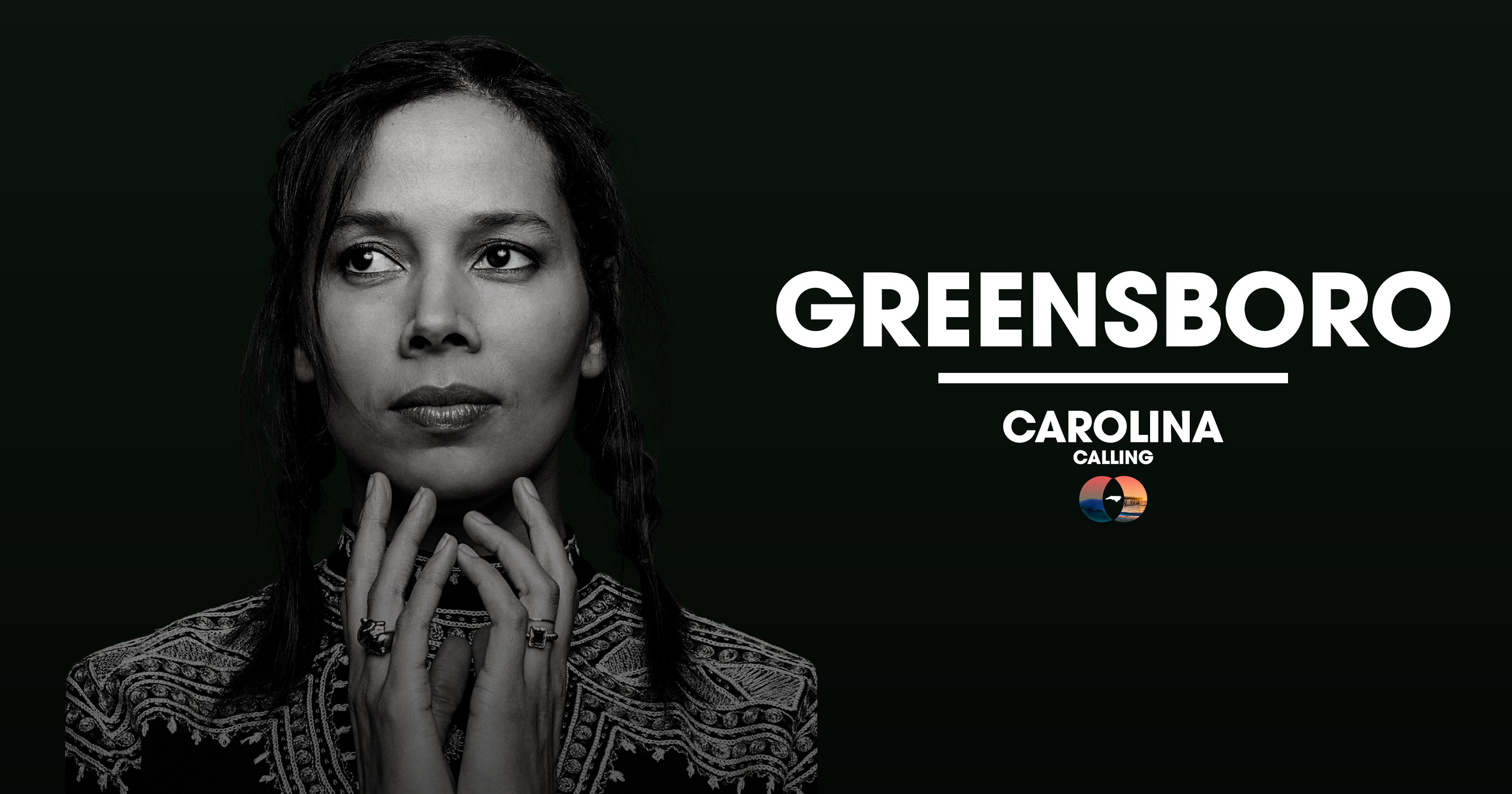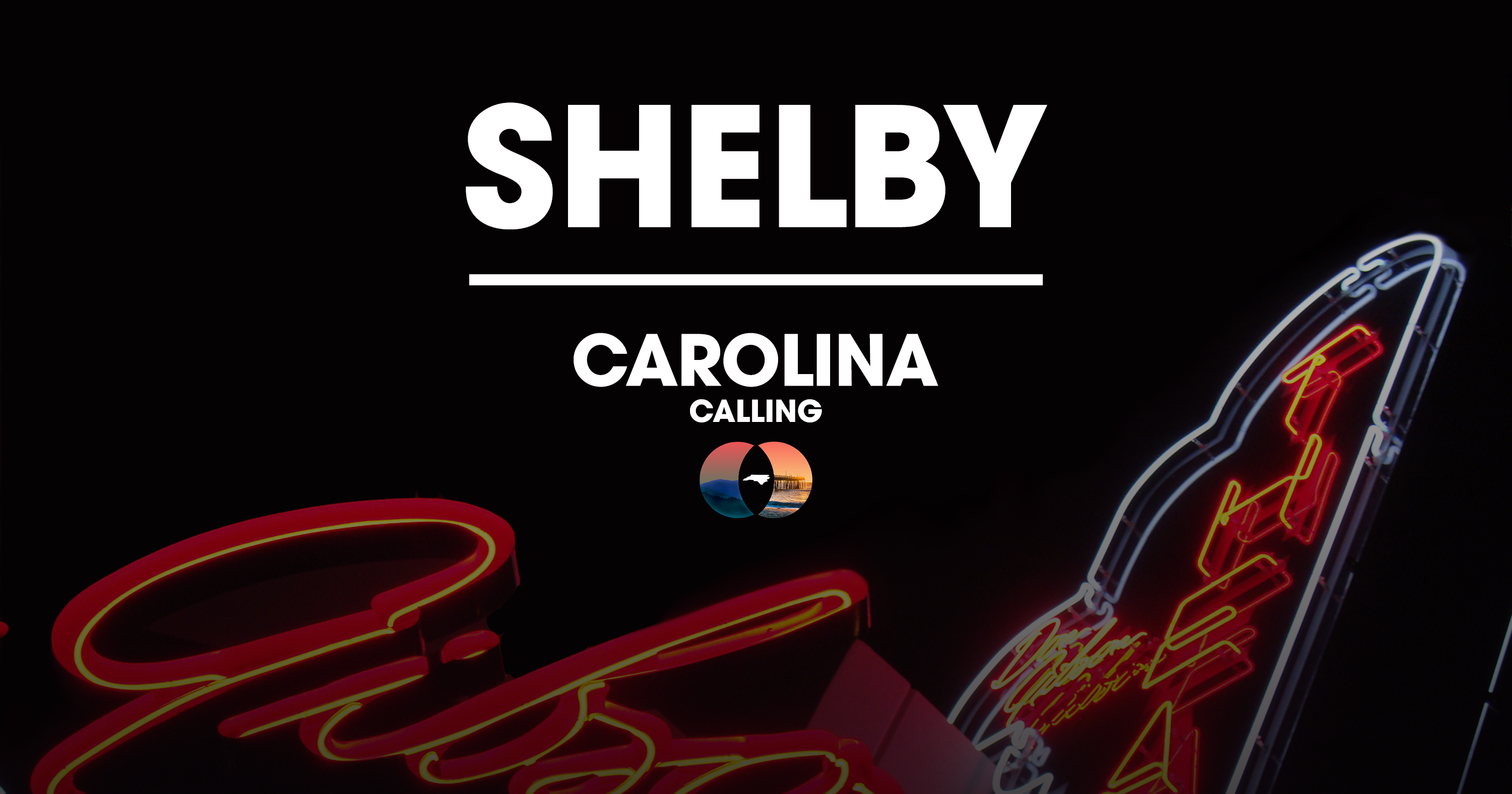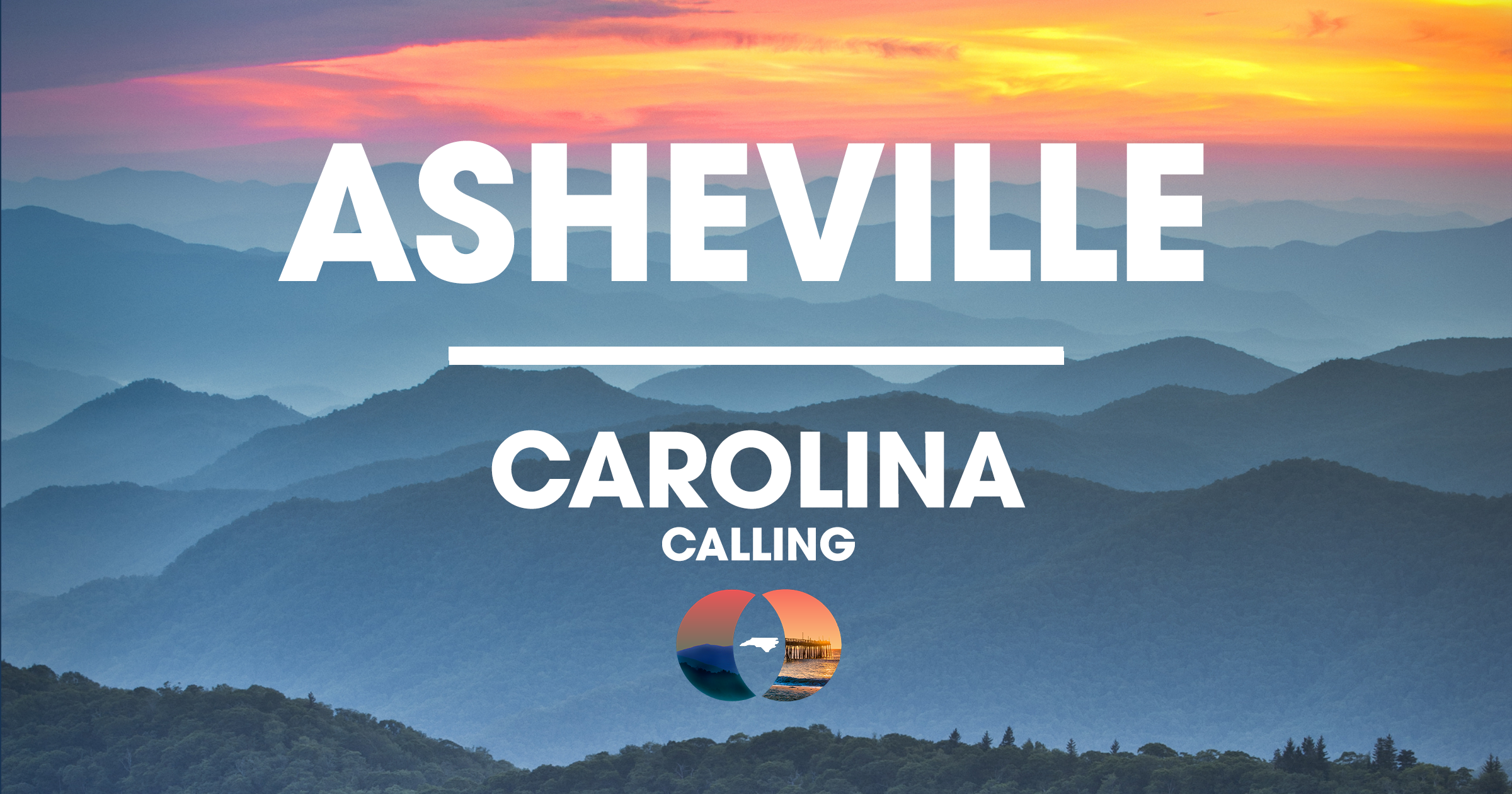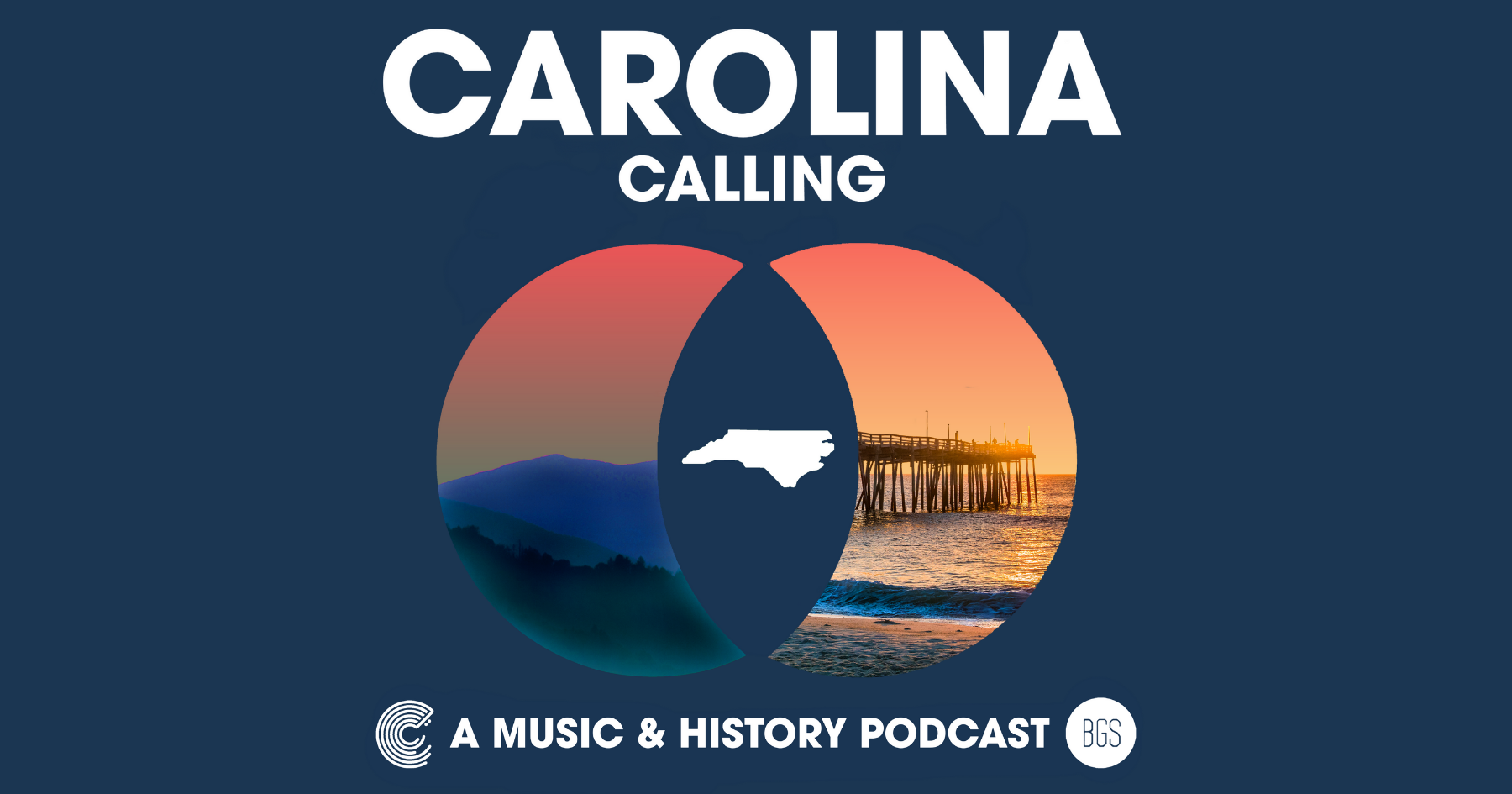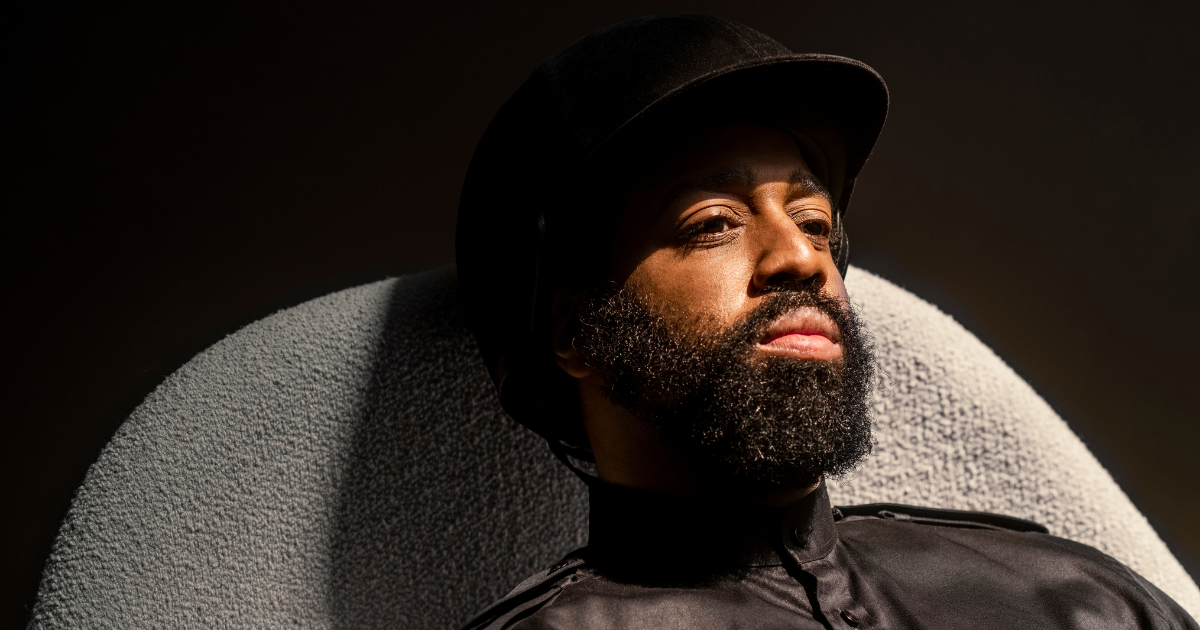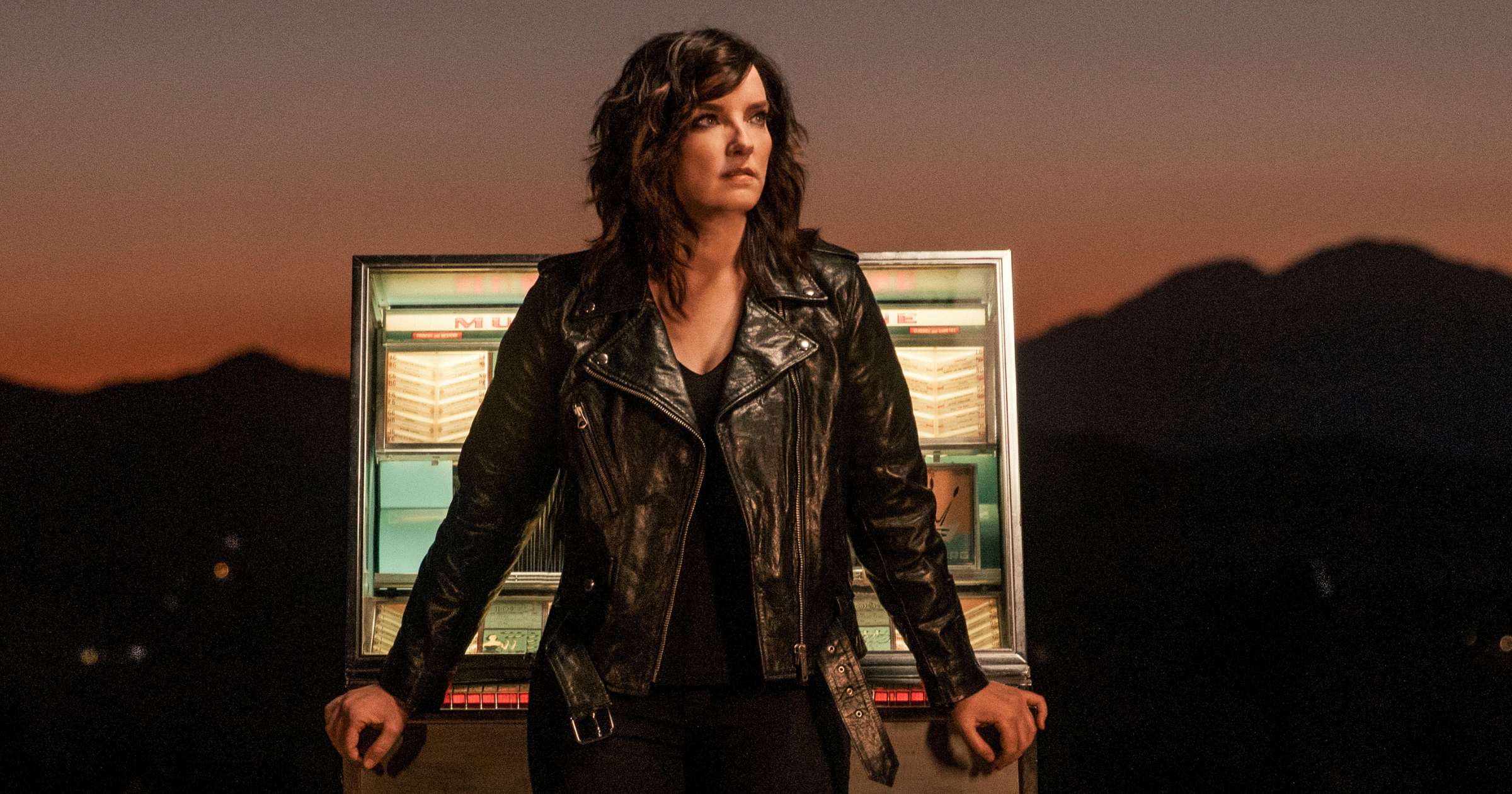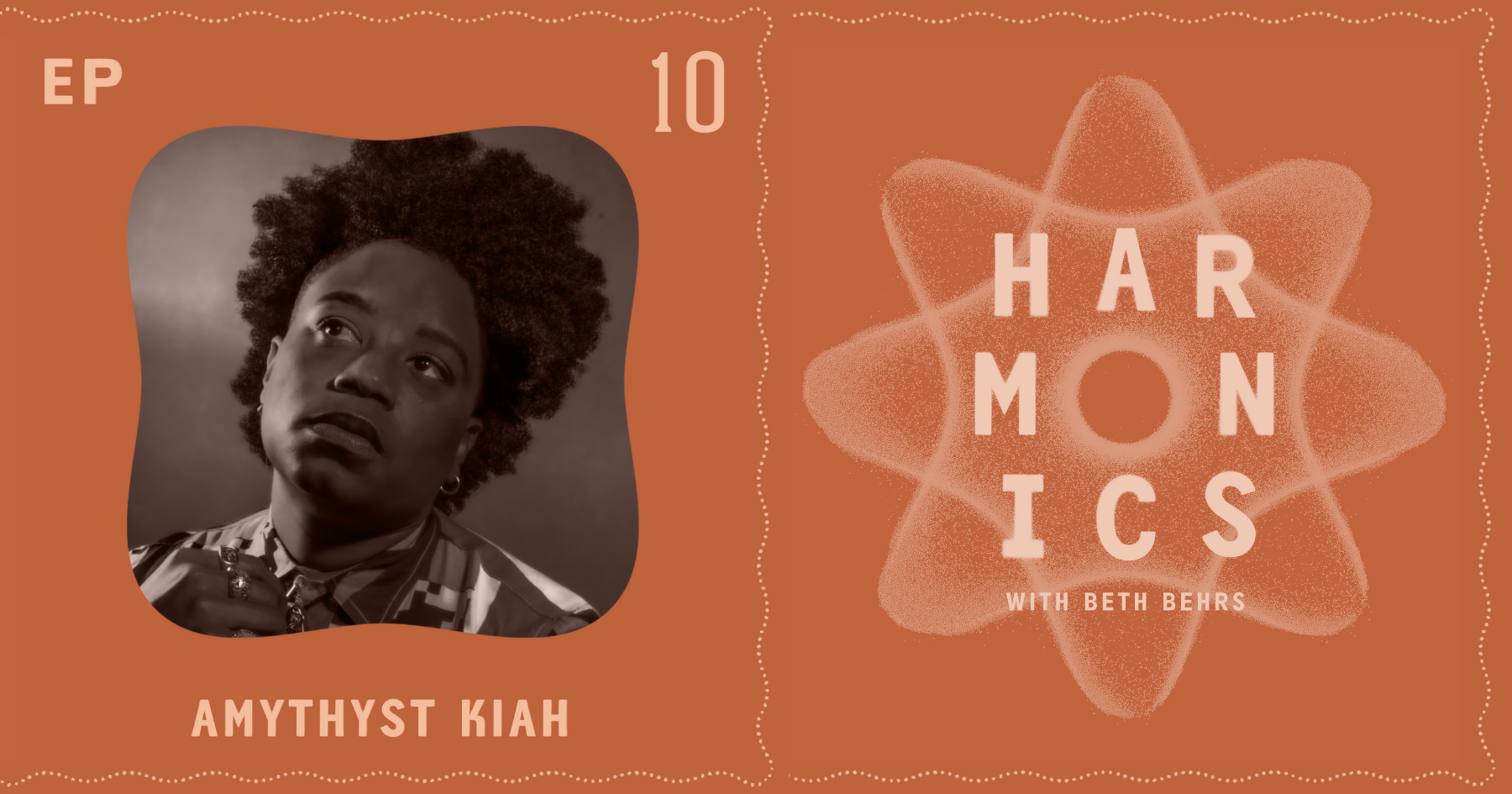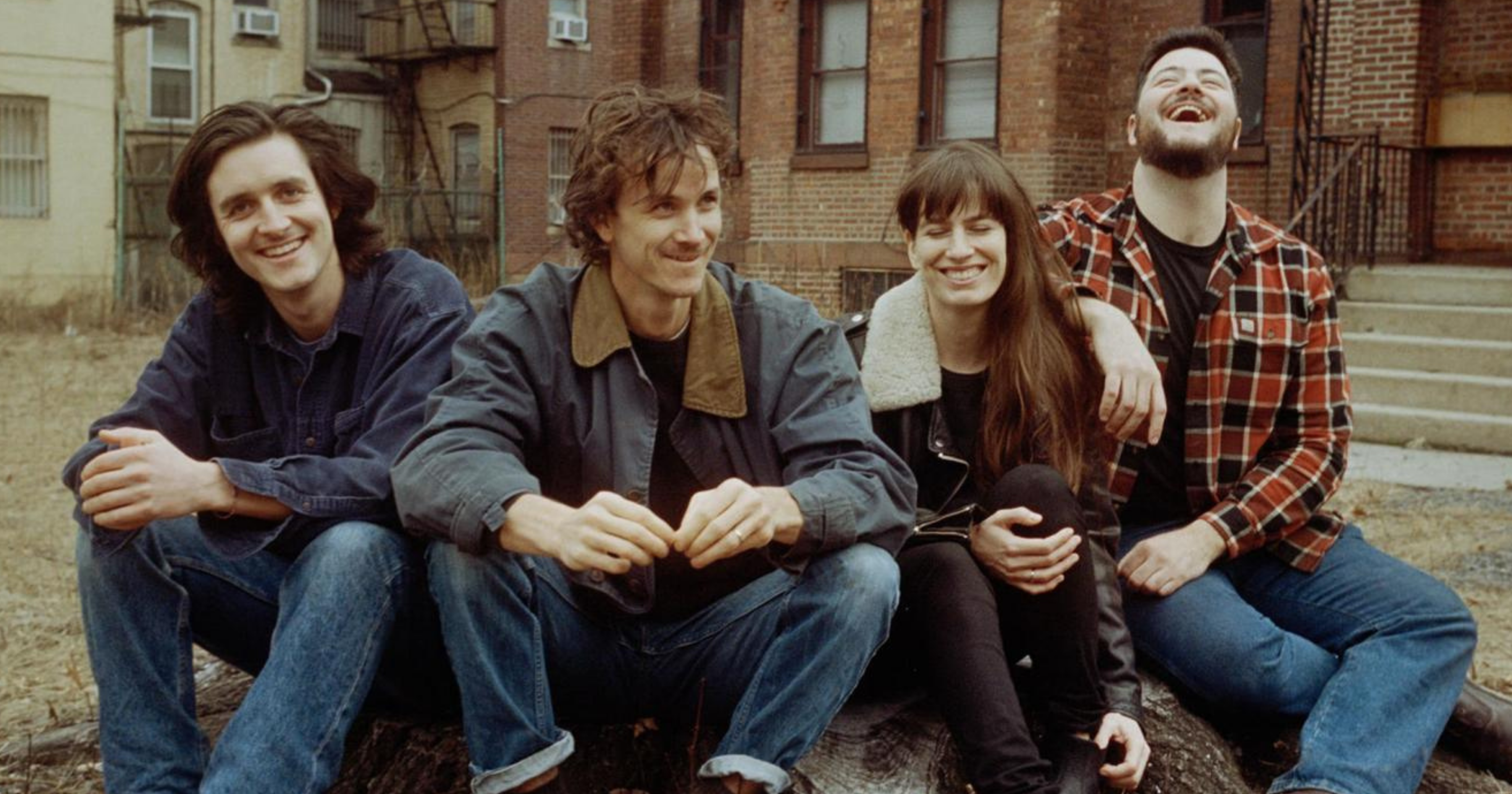Known as the Gate City, Greensboro, North Carolina is a transitional town: hub of the Piedmont between the mountain high country to the west and coastal Sandhill Plains to the east, and a city defined by the people who have come, gone, and passed through over the years. As a crossroads location, it has long been a way station for many endeavors, including touring musicians – from the likes of the Rolling Stones and Jimi Hendrix at the Greensboro Coliseum, the state’s largest indoor arena, to James Brown and Otis Redding at clubs like the El Rocco on the Chitlin’ Circuit. Throw in the country and string band influences from the textile mill towns in the area, and the regional style of the Piedmont blues, and you’ve got yourself quite the musical melting pot.
This historical mixture was not lost on one of Greensboro’s own, Rhiannon Giddens – one of modern day Americana’s ultimate crossover artists. A child of black and white parents, she grew up in the area hearing folk and country music, participating in music programs in local public schools, and eventually going on to study opera at Oberlin Conservatory in Ohio. Once she returned to North Carolina and came under the study of fiddler Joe Thompson and the Black string band tradition, she began playing folk music and forged an artistic identity steeped in classical as well as vernacular music. In this episode of Carolina Calling, we spoke with Giddens about her background in Greensboro and how growing up mixed and immersed in various cultures, in a city so informed by its history of segregation and status as a key civil rights battleground, informed her artistic interests and endeavors, musical styles, and her mission in the music industry.
Subscribe to Carolina Calling on any and all podcast platforms to follow along as we journey across the Old North State, visiting towns like Durham, Wilmington, Shelby, and more.
Music featured in this episode:
Rhiannon Giddens – “Black is the Color”
Andrew Marlin – “Erie Fiddler”
Carolina Chocolate Drops – “Cornbread and Butterbeans”
The Rolling Stones – “Rocks Off”
Count Basie and His Orchestra – “Honeysuckle Rose”
Roy Harvey – “Blue Eyes”
Blind Boy Fuller – “Step It Up and Go”
Rhiannon Giddens, Francesco Turrisi – “Avalon”
Carolina Chocolate Drops – “Snowden’s Jig (Genuine Negro Jig)”
Barbara Lewis -“Hello Stranger”
The O’Kaysions – “Girl Watcher”
Joe and Odell Thompson – “Donna Got a Rambling Mind”
Carolina Chocolate Drops – “Country Girl”
Carolina Chocolate Drops – “Hit ‘Em Up Style”
Our Native Daughters – “Moon Meets the Sun”
Rhiannon Giddens, Francesco Turrisi – “Si Dolce é’l Tormento”
BGS is proud to produce Carolina Calling in partnership with Come Hear NC, a campaign from the North Carolina Department of Natural & Cultural Resources designed to celebrate North Carolinians’ contribution to the canon of American music.
Photo Credit: Ebru Yildiz
Enter to win a prize bundle featuring a signed copy of author and Carolina Calling host David Menconi’s ‘Step It Up and Go: The Story of North Carolina Music,’ BGS Merch, and surprises from our friends at Come Hear North Carolina.
